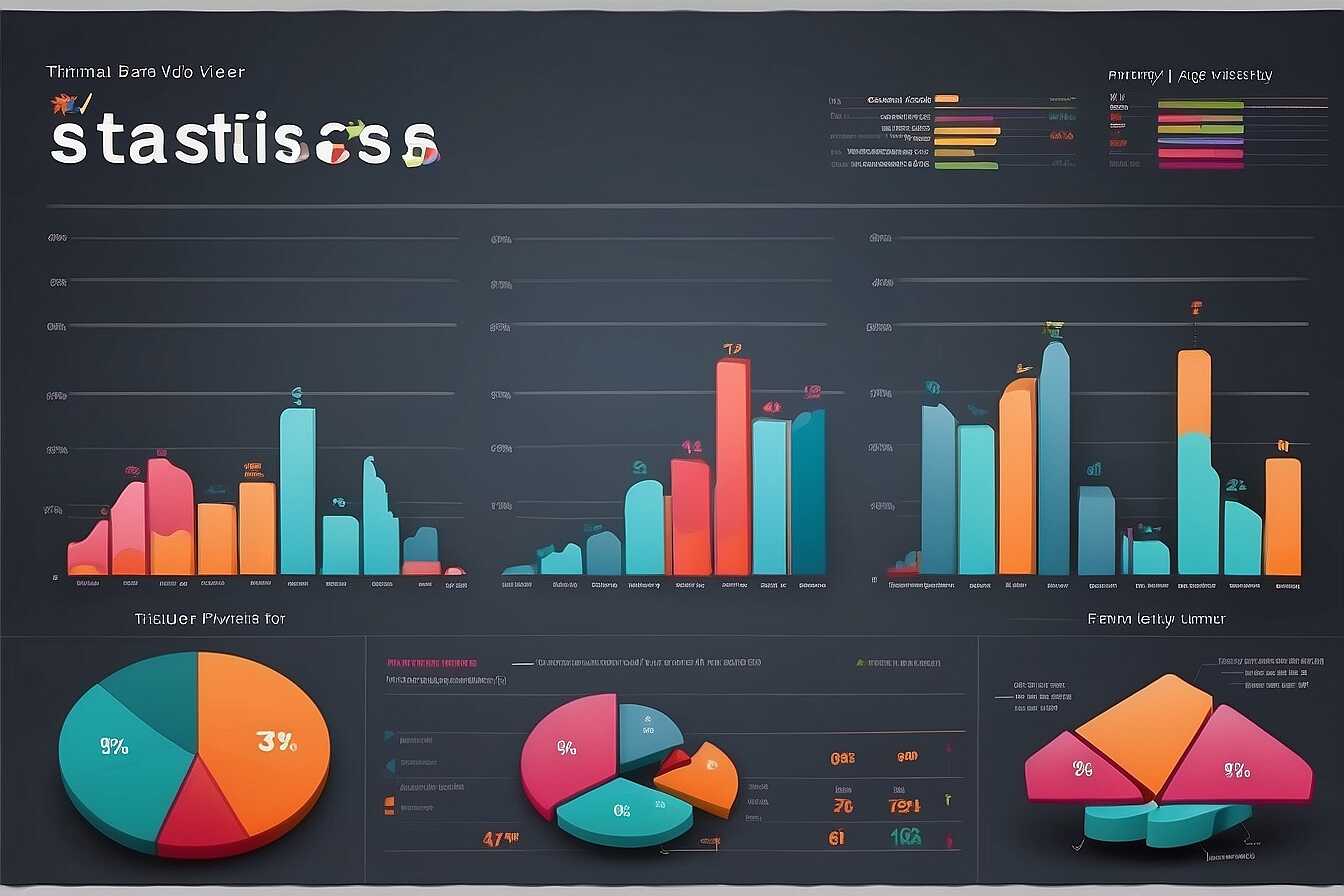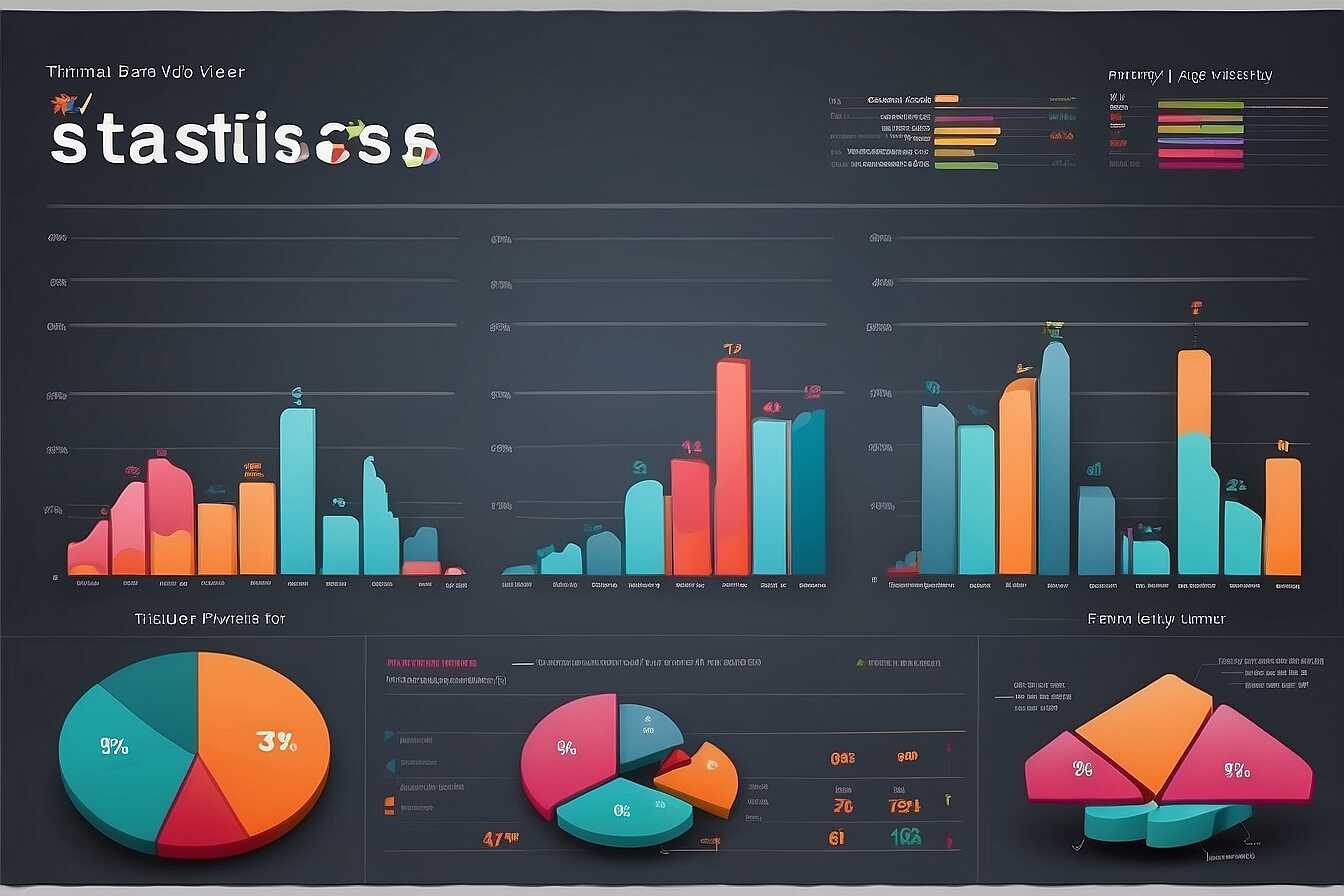Effective local keyword research strategies are essential for small businesses aiming to enhance their online visibility. By identifying the right keywords that resonate with local customers, you can boost your search engine ranking and attract more traffic. At Metrics Rule in Vancouver, we specialize in SEO techniques that help small businesses maximize their local presence through robust keyword research. Understanding how to conduct this research not only empowers your marketing efforts but also positions your business for growth in a competitive landscape.
The Significance of Local Keyword Research for Small Businesses
Local keyword research is crucial for small businesses because it focuses on terms that potential customers are using in their area. By incorporating these effective local keywords, businesses can drive targeted traffic to their websites. For example, a coffee shop in Vancouver may use keywords like “best coffee in Vancouver” or “local coffee near me,” which specifically cater to nearby consumers. Generally, small businesses should target around 10 to 15 local keywords to maximize their online visibility. This strategy enhances their chances of appearing in search results, thereby increasing foot traffic and sales.
How to Conduct Effective Local Keyword Research
Conducting effective local keyword research involves several steps. First, use tools like Google Trends and keyword planners to identify what local consumers are searching for. Focus on local keyword research that reflects your products and services. Combine local terms with your business type (e.g., “Vancouver bakery”) to create keywords that are specific and relevant. Don’t forget to analyze competitors’ keywords for more insights. Regular testing and assessment of keyword performance can further improve your strategy, ensuring that your small business ranks well in search results. This tailored approach not only delivers increased online traffic but also provides better alignment with local customer needs.
Defining Your Ideal Customer and Their Search Behavior
To define your ideal customer, start by identifying their age, location, interests, and buying habits. Customer segmentation can help you create a specific ideal customer profile. Understand their search behavior by analyzing what keywords they use to find products or services like yours. Utilize tools such as Google Analytics, forums, and social media insights to gather data about what matters to them. Knowing these patterns ensures that your local keyword research is strong, relevant, and effective.
Key Factors That Shape Customer Search Behavior
Customer search behavior is influenced by numerous factors, including demographics, location, and current trends. For example, individuals searching for “best coffee shop Vancouver” are likely interested in quality, ambiance, and local favorites. This insight empowers small businesses to tailor content and keywords that resonate with their audience. Utilizing local keyword research helps capture the attention of potential customers who are searching for nearby solutions, enhancing your online visibility.

Exploring Essential Keyword Research Tools for Local SEO
When conducting local keyword research, several essential tools can enhance your strategy. First, tools like Google Keyword Planner and Ahrefs offer keyword idea generation and search volume data. Google My Business Insights is crucial, providing local search performance metrics. Additionally, using platforms like SEMrush allows you to analyze competitors and discover untapped local keywords. A recent study shows that about 76% of local searches lead to a store visit within one day, highlighting the importance of effective keyword targeting.
Maximizing Google My Business for Local Keyword Insights
Google My Business (GMB) is a powerful tool for local keyword analysis. By setting up your GMB profile, you can access insights regarding how customers find your business. These insights show search terms your business ranks for, enabling you to uncover local keyword opportunities. Regularly reviewing GMB performance statistics can help you adjust your keyword strategy effectively. This approach not only improves local SEO but also enhances customer engagement by targeting search queries relevant to your geographical area.
Statistics That Highlight the Importance of Localized Search
- 70% of mobile searches result in action within one hour.
- 46% of all Google searches are for local information.
- 78% of location-based searches lead to an offline purchase.
- Local keyword optimization can increase search visibility by up to 60%.
- 82% of smartphone users utilize a search engine for local business information.
- About 28% of local search queries result in a purchase.
- 88% of consumers trust online reviews as much as personal recommendations.

Conducting Competitive Analysis for Local Keyword Insights
To conduct a competitive analysis for local keywords, start by identifying your top competitors in your niche. Use tools like Google Keyword Planner and SEMrush to uncover the keywords they are ranking for. Analyze these keywords to determine which ones have high search volume and low competition. Look into the content they are producing and the local SEO strategies they employ. Leverage competitor data to spot gaps in your own keyword strategy, allowing you to enhance your visibility and outshine rivals. A good practice is to analyze at least 30%-50% of your competitors’ keywords to gain comprehensive insights.
Key Tools for Competitive Keyword Analysis
When analyzing competitors for local keyword insights, utilize specific SEO tools designed for efficiency. Tools like Ahrefs, Moz, and SEMrush provide reliable data on your competitors’ keyword strategies. These platforms can show you the volume, difficulty, and performance of each keyword they rank for. By extracting this data, you can create a comparison chart that highlights keyword opportunities and gaps. This reliable approach helps in prioritizing essential keywords for your local SEO strategy, ensuring you target terms that enhance your online visibility. With these insights, you can comfortably adapt your website’s content and SEO tactics to elevate your small business in the local market.

Deciphering Search Intent for Local Keywords
Understanding the types of search intent is crucial for enhancing local SEO strategies. There are primarily three types of search intent: informational, navigational, and transactional. Informational intent involves users seeking answers or understanding, examples include “best pizza shop in Vancouver” or “how to find local SEO services.” Navigational intent is when users look for a specific business or service, like “Metrics Rule Vancouver.” Lastly, transactional intent focuses on users ready to make a purchase, such as “buy shoes near me.” It’s essential to create content that resonates with these intents to improve search rankings and online visibility. According to research, about 76% of people who search for something nearby visit a business within a day, highlighting the importance of local keyword research.
Key Types of Search Intent and Their Impact on Local SEO
Different industries and business types exhibit varied local keyword intent. For instance, e-commerce businesses often see a significant percentage of transactional searches, whereas service-based industries may encounter more informational queries. For example, a plumbing service might optimize for terms like “emergency plumber Vancouver” to capture users with immediate needs. Understanding these local keyword intents helps businesses craft tailored content that enhances user experience and meets potential customers’ needs effectively. This targeted approach not only improves the effectiveness of local keyword research but also boosts the chances of conversion and extends market reach.
Key Advantages of Focusing on Community-Specific Terms
- Localized keywords increase relevancy for nearby customers.
- Effective use of geographic terms can improve search engine rankings.
- Users find services matching their needs more quickly.
- More specific keywords lower competition in search results.
- Building a local presence leads to higher conversion rates.
- Enhanced connection with the local audience fosters brand loyalty.
- Increased visibility can lead to better online reputation management.

Strategically Implementing Keywords Across Your Website
To ensure effective keyword placement on your website, follow these best practices: incorporate your primary keywords in titles, headers, and meta descriptions. Additionally, use keywords strategically within your content to enhance readability and relevance. For local businesses, applying local SEO tactics such as including city names and local phrases can significantly improve your visibility in search results. Aim to integrate keywords naturally, avoiding overstuffing. A proven approach is to include keywords in about 1-2% of your content, which helps maintain quality while optimizing for search engines.
Best Practices for Keyword Usage in Content
Keywords should be integrated seamlessly into your content to enhance user experience. Start by incorporating them into your headings and subheadings. This aids in search engine crawling and indexing, improving your chances of ranking higher. Always focus on providing valuable information that answers user queries while ensuring your keywords align with the overall topic. Use keyword variations to maintain a natural flow and avoid redundancy. Metrics Rule emphasizes that effective keyword optimization is vital for local businesses aiming to increase online visibility and conversions.
Regularly Monitoring and Refining Your Keyword Strategy
Tracking keyword performance is essential for small businesses aiming to improve their local SEO. Regularly monitoring keywords helps ensure that you adapt to changing trends, consumer behavior, and search engine algorithms. Using reliable tools for keyword tracking allows you to gather valuable data. You can then identify which keywords drive traffic and which need refinement. A consistent review of your keyword strategy keeps your online presence competitive and in line with user intent.
Essential Tools for Effective Keyword Tracking
Several essential tools can enhance your keyword tracking efforts. Google Analytics provides insights into keyword performance and traffic sources. SEMrush offers a comprehensive analysis of keyword rankings and competitor strategies. Additionally, Google Search Console helps monitor keyword impressions and clicks. These tools enable businesses in Vancouver and beyond to make data-driven adjustments to their strategies. By utilizing these resources, you can ensure that your local keywords not only attract visitors but also lead to conversions.
Brands and Use Cases That Illustrate Local Optimization Effectiveness
- Google My Business provides tools for creating local business profiles.
- Bing Places allows businesses to promote local listings efficiently.
- Yelp connects users with nearby businesses they can trust.
- Every small business can benefit from local keyword optimization.
- Restaurants use local keywords for food delivery and takeout visibility.
- Retail shops attract shoppers by using neighborhood-specific terms.
- Service providers utilize local SEO to enhance service area recognition.
Integrating Local Keywords into Your Overall SEO Strategy
Integrating local keyword strategies into your overall SEO efforts offers several key benefits. It helps improve your search visibility in your target region, ensuring that local customers can easily find your business online. Using local keywords is essential because they enhance the relevance and meaning of your content, making it more appealing to both users and search engines. By employing effective keyword research tools, you can access data that proves local keywords significantly boost website traffic and conversions. For instance, small businesses reported a 45% increase in visibility after incorporating local SEO strategies in 2022. This emphasizes the value of blending local and broader keyword strategies.
Essential Tools for Effective Keyword Research
To achieve the best results in local keyword optimization, small businesses should explore several essential tools and methods for research. Google Keyword Planner is a reliable tool that helps identify local search trends by delivering comprehensive data on search volumes and competition. Other effective keyword research tools such as SEMrush or Ahrefs provide deep insights into keyword performance while enabling site audits and analytics. Additionally, local business owners can benefit from Google My Business, which gives essential data about how users interact with their business listings. By embracing these tools, small businesses can enhance their SEO performance and ensure they attract more local customers.
